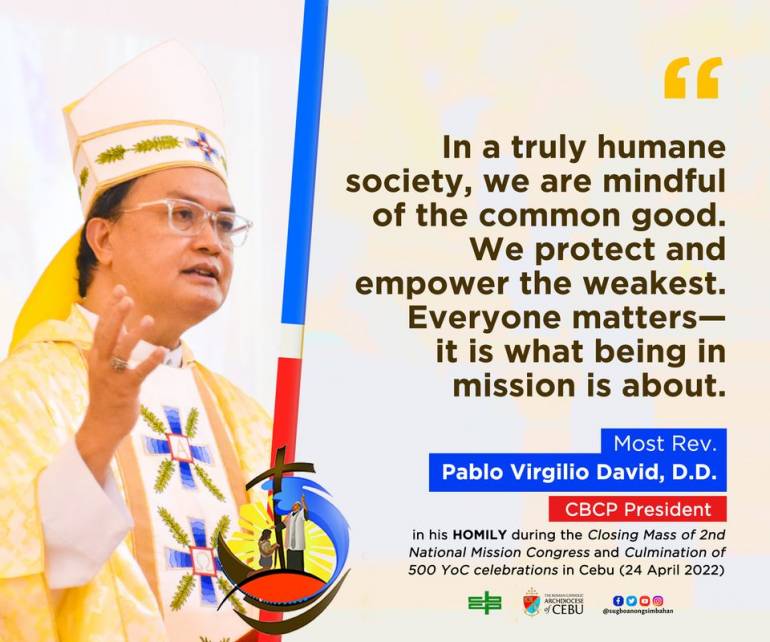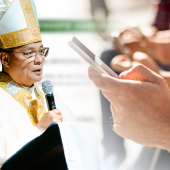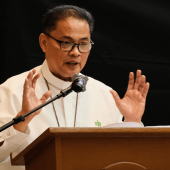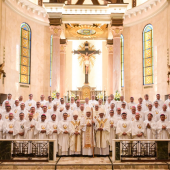Philippine’s bishops conference to create new formation program for permanent diaconate

Following Pope Francis' recent approval of the permanent diaconate's establishment in the nation, the Catholic Bishops Conference of the Philippines (CBCP) announced that they are planning to create a new formation program for it.
Since permanent deacons are ordained men who could be married and won’t be required to remain in the seminary, CBCP President Bishop Pablo Virgilio David said that they have the prerogative to “design the diaconate a bit differently.”
This ministry is different from the already existing transitional diaconate in the Philippines, which is for ordained men to be prepared for the priesthood and remain celibate.
He also said that the establishment of the permanent diaconate would allow them to do more for the less fortunate, in addition to their duty to assist the bishop in liturgical celebrations.
“There’s a tendency for the diaconate to be sort of ceremonial,” said the bishop. “The deacon is like the priest’s sidekick. But if you look up in the scriptures the role of the diaconate, it’s a special kind of ministry that attends to the most disadvantaged sectors of society, the poorest of the poor, the widows and the orphans.”
Bishop David said that transitional and permanent deacons must learn to coexist despite the differences in their responsibilities.
“If you embrace the celibate life, be faithful to that life that you have embraced. But opening the space for the ordained ministry for married candidates, that has begun with permanent diaconate,” he said.
Last September, the CBCP published a letter of approval from the Vatican in response to their request to create a permanent diaconate in the Philippines.
In the letter, Substitute for the Secretariat of State Archbishop Edgar Peña Parra said: “Please be assured of the Holy Father’s prayers that it will bear much fruit for many years to come.”- Luke Godoy
Radio Veritas Asia (RVA), a media platform of the Catholic Church, aims to share Christ. RVA started in 1969 as a continental Catholic radio station to serve Asian countries in their respective local language, thus earning the tag “the Voice of Asian Christianity.” Responding to the emerging context, RVA embraced media platforms to connect with the global Asian audience via its 21 language websites and various social media platforms.














